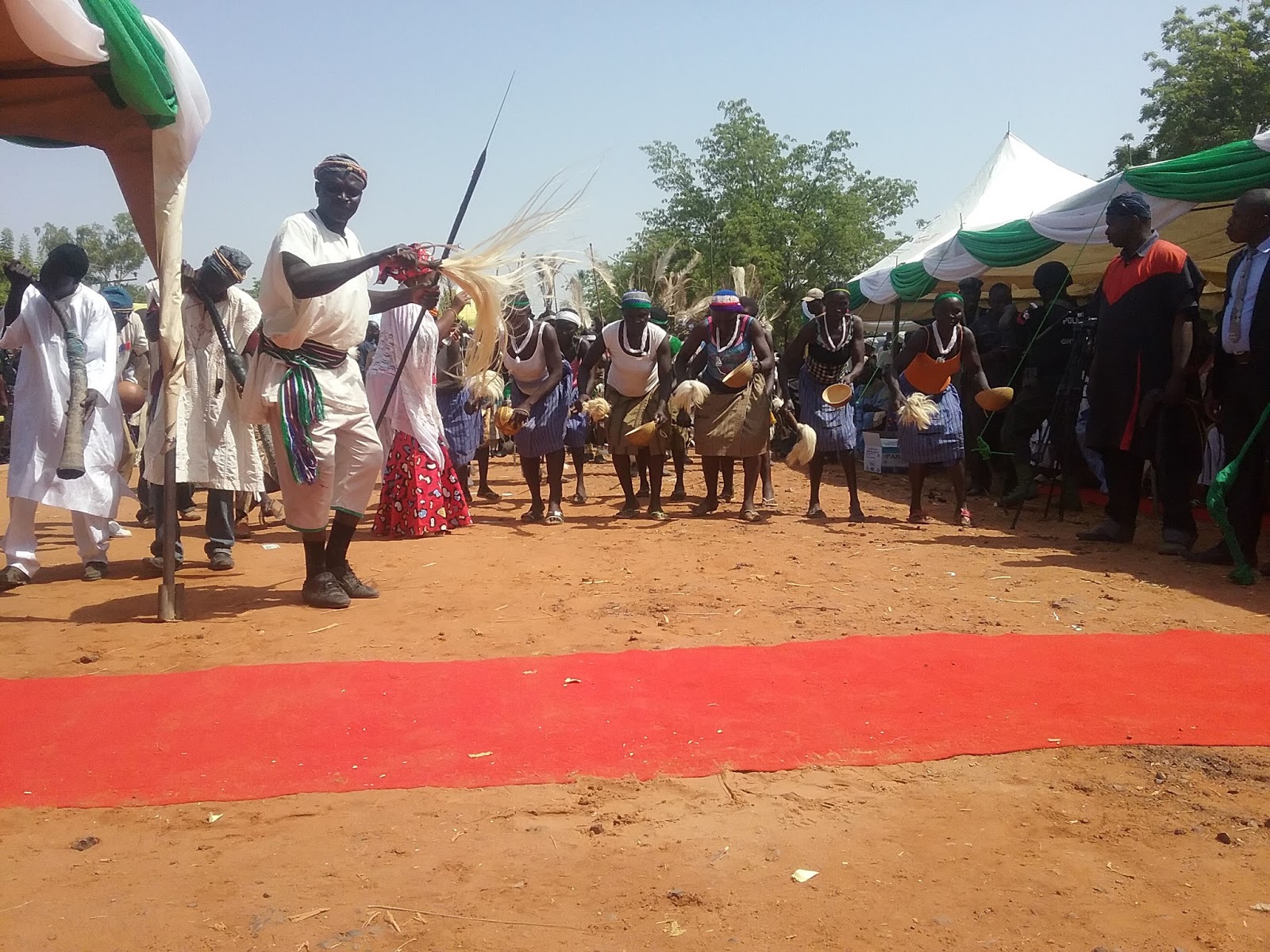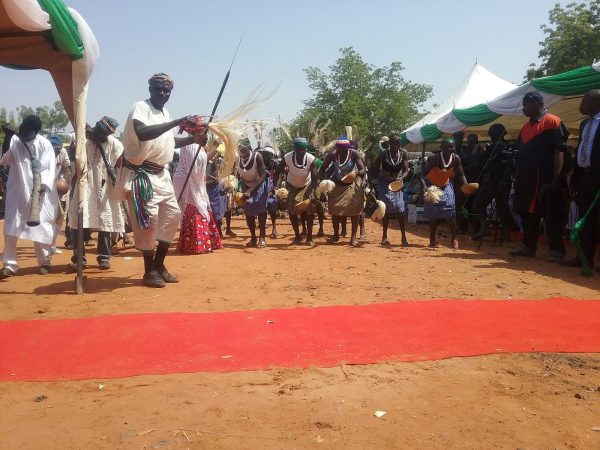Nigeria is well blessed in a lot of ways, especially with the so much prevalent diversities of all sorts of things and aspects. One such notable aspects are the diverse ethnic groups found in the country, more so, the northern part of Nigeria. One of the numerous tribes found in the northern or northeastern part of Nigeria is the Longuda people. They are a West African ethnic group living in Adamawa, Gombe and parts of Borno States in Northern Nigeria. Their presence in Borno state further fuels the oral tradition that, the Longuda people are said to have parted from the Kanuri in Borno State.
Socio-Cultural Components of the Longuda People
The socio-cultural Components of the Longuda people comprises of different aspects. Some of the aspects include:
Their Cuisine:
The predominant food or traditionally staple crop of the Longuda people is Guinea Corn. As a meal, it is usually processed into a local dish called ‘Tuwo’; a locally processed fine flour from the guinea corn. The processing is done locally by grinding on a stone hand mill. The ‘tuwo’ is eaten with a variety of soups; ‘draw’ or vegetable soups. In addition to guinea corn, other staple foods include rice, maize, and millet.

Me Raa
Their Marriage
The Longuda are primarily polygamous. The different dialects of the Longuda people perform marriage rites differently. Traditionally, the marriage is characterized by the ‘bridal-kidnap’ by the intending groom. The groom plans to abduct the girl with the help of his friends on the night he decides to take her home as his wife. This act is done without the prior knowledge of the girl. This act is often met by resistance by the other young men in the woman’s neighbourhood, who would attempt to come to her rescue. It usually results in a free-for-all fight which is actually not expected to be fatalistic in nature. It is expected that the intending groom and his company would have to win the duel in order to take the bride-to-be. A loss on his part means he is not fit to be her husband yet. If he succeeds and gets the woman to spend a night in his cottage, his family and hers consider them married. The bride price is usually paid afterwards.
This practice has however been etched out by the impact and influence of Christianity, westernization and cultural assimilation of neighbouring societies. However, a more conservative approach of this ‘bridal-kidnap’ is still practised. In this approach, a man asks a woman for her consent, the woman agrees, and on an arranged night, the groom’s friends and bride’s friends secretly pick her and her clothing up from her parents’ house, goes over to spend the night in the groom’s uncle’s house, leaving behind a token at the position where they used to sit during courtship and that seals the union. Taking her clothes along with her is her indication to everyone that she has agreed to marry the man.
Others Aspects
The Longuda people value education and are keen on having their children enrol in western schools. They also strongly belief in self-reliance, hence the pursuit of vocational education and trades. The Longuda believe in total dominance, hence subjecting wives to being housewives without practising any vocation skill. Both men and women are conditioned to show no emotion with a little laxity in the women. As regards their spiritual beliefs, they believe in a supreme deity, one who made the heaven and the earth. They are basically adherents of Christianity and traditional religions.
The Longuda People: An Exceptional Group in Nigeria
This ethnic group is a very special and unique tribe and what makes it unique is simply the fact that it is the only known matriarchal tribe in Nigeria. In other words, The Longuda consider matrilineal descent in many aspects of their social organisation more important than the patrilineal descent. This also means that Clan membership may even be counted on the mother line. This custom is not found with their other neighbours or in other ethnic groups of Nigeria. This makes it a very unique tribe amongst so many in Nigeria.
The Longuda rulers default to the Kanuri style. The seat of the Paramount traditional ruler is in Guyuk, Adamawa State.
Sources
wikipedia.org
joshuaproject.net
Featured Image Source: Adamawa Daily Reports


